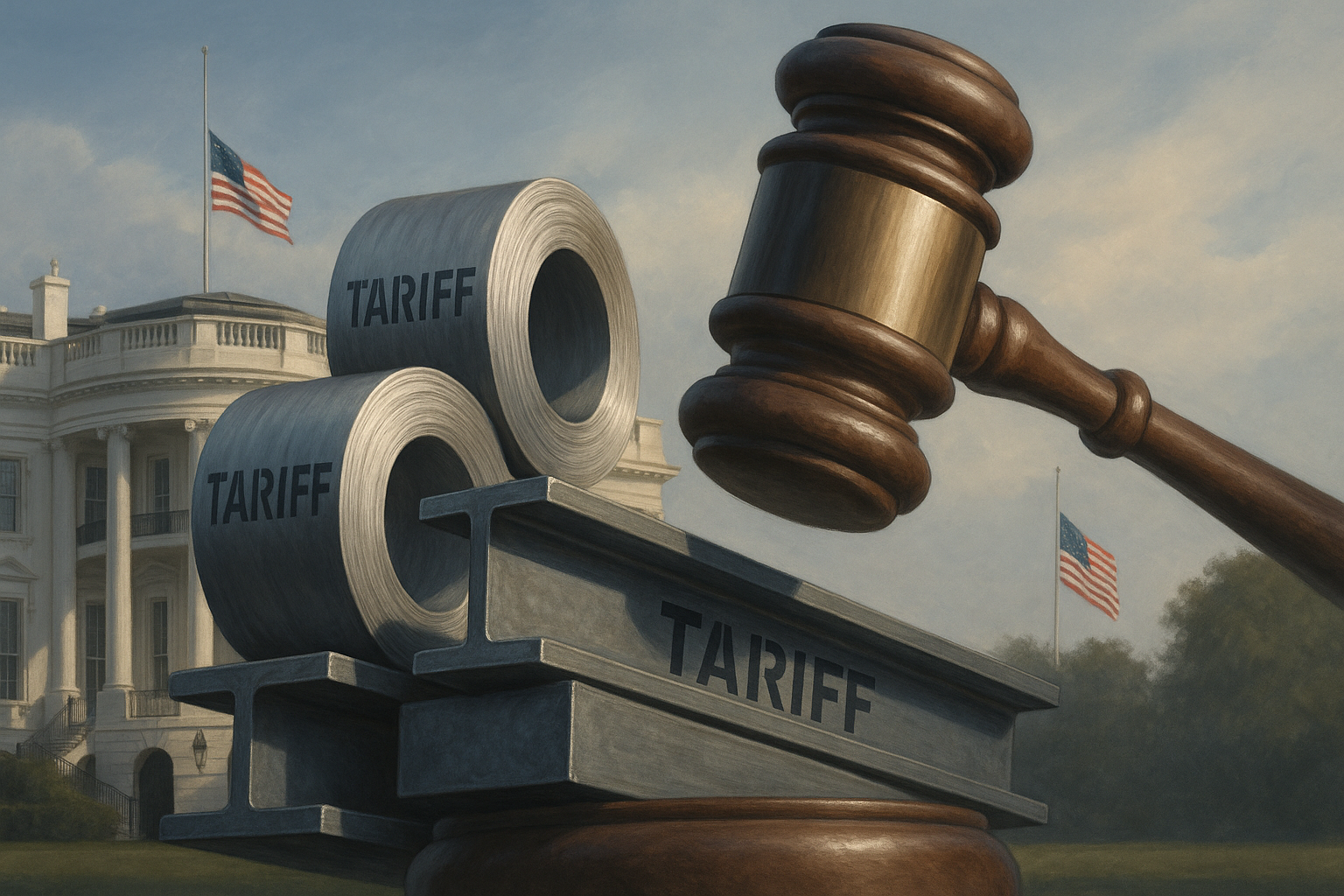The Biden administration has staked out a position that's raising more than a few eyebrows in Washington. They're essentially telling the Supreme Court: "We hear ya, but those steel and aluminum tariffs are staying put, regardless of what you decide."
Let that sink in for a moment.
We're witnessing what might be the most brazen executive branch flex in recent memory. The White House has signaled it will maintain these Trump-era tariffs even if the highest court in the land rules they've exceeded constitutional authority. It's the political equivalent of plugging your ears and humming loudly while someone explains why you can't do something.
I've covered trade disputes since the early NAFTA renegotiation days, and I've never seen an administration telegraph so boldly that a Supreme Court ruling might be treated as optional. This isn't just unusual—it's unprecedented.
The case revolves around Section 232 of the Trade Expansion Act, a Cold War relic that lets presidents impose tariffs when foreign imports supposedly threaten national security. When Trump slapped tariffs on steel and aluminum using this justification, critics cried foul. Now the Supremes are weighing in.
But here's the kicker: Biden's team has made it crystal clear they'll find another legal pathway if this one gets blocked. "We'll just use a different section of trade law," they seem to be saying. "No biggie."
Look, there's something almost refreshingly honest about this approach. Most administrations would at least pretend they're waiting respectfully for judicial guidance. Not this crew.
The economic wisdom behind these tariffs? Dubious at best. These measures act as a stealth tax on American consumers—we all pay more for products containing steel and aluminum (which is... a lot of products). But the political calculus couldn't be clearer.
Pennsylvania makes steel. Pennsylvania has electoral votes. Connect those dots.
What's truly fascinating (and a bit alarming, depending on your constitutional sensibilities) is how trade policy has become this strange zone where normal partisan divides collapse. Democrats who once championed free trade now embrace protectionism. Republicans who once worshipped at the altar of free markets now cheer trade barriers.
It's as though someone rewired Washington's political circuits when no one was looking.
For investors and businesses caught in this regulatory twilight zone, the message is unmistakable: The post-WWII global trade system is being dismantled brick by brick, and neither the Supreme Court nor economic orthodoxy seems capable of stopping it.
I spoke with several manufacturing executives last week who have essentially given up waiting for a return to "normal." One told me, "We're redesigning our supply chains assuming tariffs are permanent. What else can we do?"
The great irony? While the administration frames this as standing up for American workers, many economists argue protectionism ultimately costs more jobs than it saves. But try telling that to a steelworker in Allentown who just got rehired.
The Constitution gives Congress authority over international commerce—that's black-letter law. But presidents have been chipping away at this for decades, and Congress has largely let them. (When was the last time our legislators wanted to take responsibility for anything controversial? I'll wait.)
So here we stand: The Supreme Court deliberating while the executive branch essentially says, "Whatever."
American consumers will continue paying that invisible tariff tax at the register. Manufacturers will keep adjusting to the new protectionist reality. And constitutional scholars will wring their hands about the balance of powers.
Just another day in the bizarre new world of American trade policy—where legal principles bend to political gravity, and nobody seems all that bothered by it anymore.
